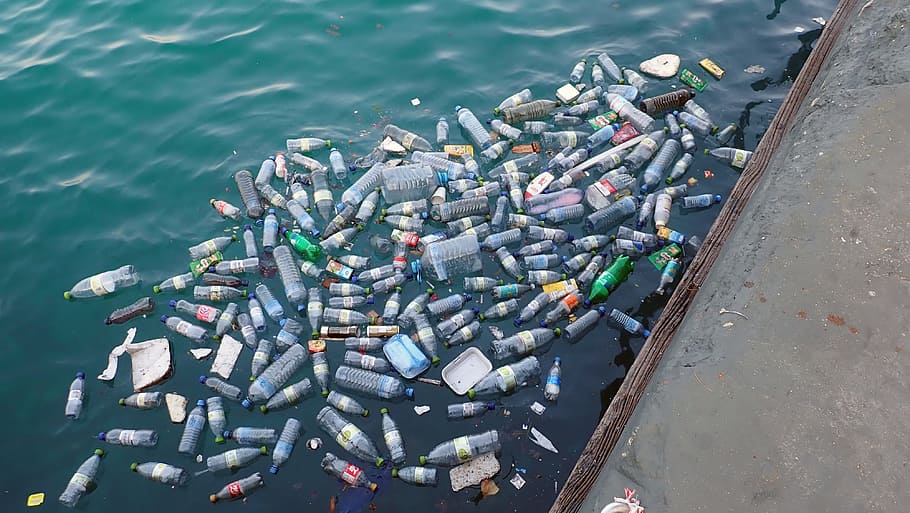What is Recycling?
Recycling is a sustainable waste management practice that converts waste materials like plastics, paper, and metals into reusable products. It helps reduce the need for raw material extraction, saves energy, and minimizes environmental pollution. Recycling contributes to the circular economy, where products are repurposed, reducing landfill use and resource depletion.
How WeClean Handles Recycling
At WeClean, we excel in recycling waste materials by ensuring proper segregation and processing. Our process starts at the source, where we categorize waste into recyclable items. By employing state-of-the-art facilities, we ensure efficient recycling of plastics, metals, paper, and other materials. We aim to minimize landfill waste while turning discarded materials into valuable resources.
Key Elements of Recycling
Effective recycling includes:
- Collection: Waste is gathered from households and businesses.
- Sorting: Materials are divided into categories like paper, plastic, glass, and metal.
- Processing: Items are cleaned and transformed into raw materials.
- Remanufacturing: Recycled materials are used to create new products, reducing reliance on virgin resources.
Recycling as a Solution for Waste Management
Recycling is a crucial solution for modern waste management, addressing the challenges of overflowing landfills and reducing the need for incineration. It conserves natural resources like timber, minerals, and water, and cuts down on the energy required to produce new products. Countries with robust recycling programs, like Germany, show how impactful this system can be in creating a cleaner environment and lowering carbon footprints.
Benefits of Recycling
- Environmental Benefits: Recycling reduces energy consumption, lowers greenhouse gas emissions, and conserves natural resources.
- Economic Advantages: Recycling fosters job creation in the waste management sector and reduces the cost of raw materials.
- Personal Impact: Recycling at home or in your business helps lower waste disposal costs and contributes to global sustainability efforts.
Environmental Impact of Recycling
Recycling plays a vital role in protecting the environment by reducing waste, conserving resources, and lowering pollution. According to the EPA, recycling saves energy, reduces greenhouse gas emissions, and decreases the amount of waste sent to landfills and incinerators. This, in turn, protects wildlife and ecosystems by reducing land and water pollution caused by non-biodegradable waste.
Conclusion: Recycling with WeClean
Recycling is one of the most powerful tools we have to reduce our environmental footprint and foster a sustainable future. At WeClean, we are dedicated to recycling waste materials effectively and responsibly, promoting a circular economy. By working together, we can reduce waste, conserve resources, and protect our planet for generations to come.


